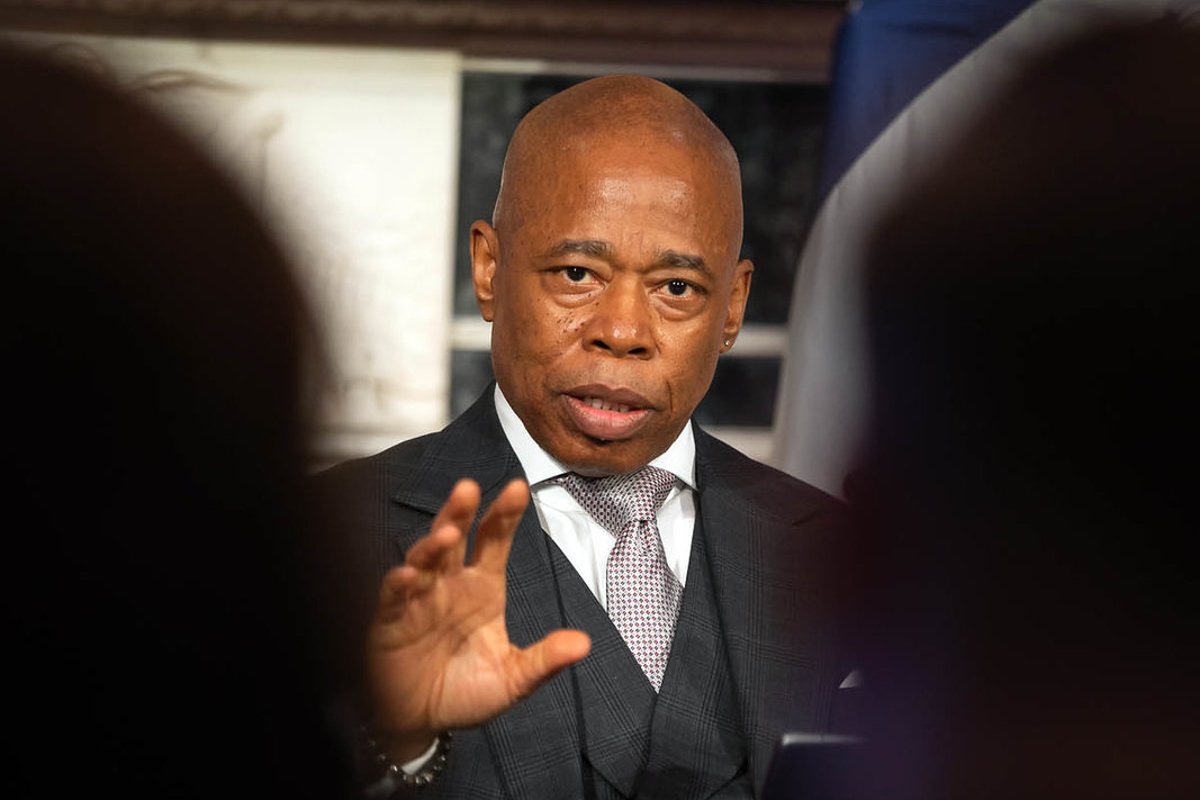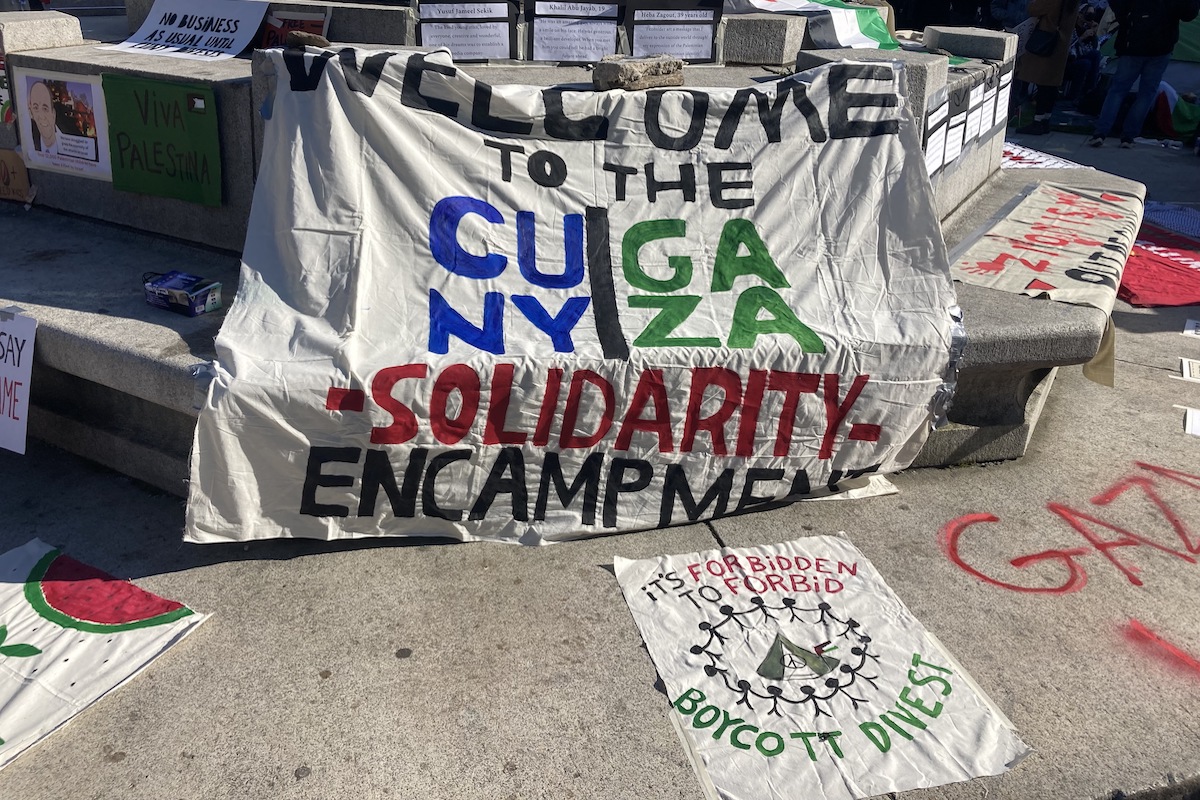At his first press conference since his administration announced late on Friday that the cops who killed Kawaski Trawick five years ago as he was cooking dinner in his home, shooting him 112 seconds after forcing open his door and making no move to offer life-saving aid afterwards, would face not even so much as a slap on the wrist from the NYPD, the mayor fielded a few questions from reporters about the decision.
What did the mayor make of Public Advocate Jumaane Williams's suggestion that Adams would have handled Trawick's killing differently earlier in his career when he was cultivating an image as a police reformer?
"I'm still an advocate, but I'm the mayor of the city. I have to maintain the right tone, not allow my emotions to get involved," Adams responded. "I respect the role of those who keep pushing government to make sure that government is doing the right thing, because I pushed government. But right now, I'm the mayor of the city, and I have an obligation and responsibility to use the skills I've learned as a pusher to get stuff done in our police department."
This is, rhetorically speaking, a boss move, relegating concerns about police accountability to the province of youngsters who lack the breadth of vision and responsibility that come with executive office. The mayor once had the luxury of focusing on police accountability, but now it's just one of many considerations he must balance.
That position would make sense—if there were any indication that police accountability weighed in the mayor's balancing act at all.
Friday, the administration rendered a final decision on the most high-profile police accountability question of Adams's entire mayoralty to date, letting the cops who killed Trawick, who told their colleagues who asked if anyone was hurt, "Nobody, just a perp," walk away undisciplined and in good standing.
Two weeks ago, the police killed 19-year-old Win Rozario in his Queens home as he was in his mother's arms, after Rozario, in the midst of a mental health crisis, called 911 seeking help. The NYPD, quick to release bodycam footage when it makes the department look good, has yet to release any from this killing, or even to identify the officers involved.
Just a few hours before Adams's press conference on Tuesday, Comptroller Brad Lander issued a report showing that the City paid out more than a quarter of a billion dollars last year to settle nearly 7,000 personal injury and property damage lawsuits against the NYPD—a 50 percent increase from the previous year.
Last month, the head of the Civilian Complaint Review Board testified to the City Council that her agency, which is supposed to investigate a wide variety of forms of police misconduct, from discourtesy to killings, has been so defunded under the Adams administration that it can no longer fulfill its mandate, and has had to stop investigating whole categories of misconduct complaints.
The NYPD's top leadership has spent the spring leveling false accusations against a State Supreme Court judge, calling for elected officials to be voted out, and picking fights with some of the city's most respected journalists, all with the mayor's evident blessing.
An observer could look at all of this and reasonably conclude that Adams and his administration don't actually care much about police accountability, or even that they are actively hostile to the idea that the NYPD should ever be accountable to any law or institution external to the department. But Adams presents himself as a former advocate for police accountability—indeed, he won his office with a campaign promising New Yorkers that he cared about police accountability. Now he says police accountability is just one competing interest he must balance.
But when has there ever been any police accountability in this administration? Hell Gate tried to ask him this question at his press conference Tuesday morning, but we weren't called upon, so we posed it by email: Alongside the litany of indicators that his administration is undermining police accountability, what concrete acts can he point to to show he's advancing the cause of police accountability?
The mayor's office did not immediately respond.
[Update / 6:06 p.m.] After this story was first published, the Mayor's Office responded to our question with the following statement: "At this year's State of the City, Mayor Adams announced NYPD would cut the time in half that it takes for a civilian complaint to be reviewed so that cases do not languish for months. As someone who spent his career fighting for police accountability, Mayor Adams holds police officers to the highest possible standards, a stance which has helped lead to major improvements in public safety, including double digit decreases in homicides, shootings, burglaries, and car theft."





